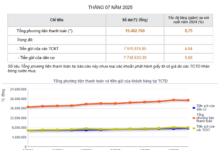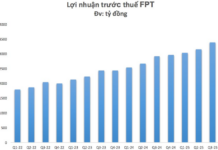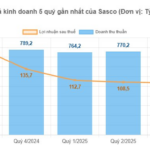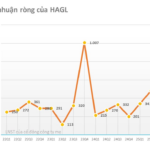
Illustrative Image
Thailand’s rice export sector is on high alert following a new trade agreement between the United States and Japan, which could significantly reduce Thailand’s rice quota in the Japanese market.
According to The Nation Thailand, the agreement signed on July 22, 2025, mandates Tokyo to increase its rice imports from the U.S. under the World Trade Organization’s (WTO) “minimum access” quota. This quota allows Japan to import approximately 770,000 tons of rice annually without tariffs.
Historically, the quota was evenly split between the U.S. and Thailand, with each country receiving around 300,000 tons per year. However, under the new agreement, Japan will increase its U.S. rice imports by 75%, potentially reducing Thailand’s share to less than 100,000 tons.
Observers note that Tokyo’s concession on rice imports aims to protect its industrial exports, particularly automobiles, as Washington agreed to lower proposed tariffs on Japanese goods from 25% to 15%.
Thai Commerce Minister Suphajee Suthumpun stated that Thailand is actively negotiating with Japan to maintain the 300,000-ton quota through a bilateral Memorandum of Understanding (MOU).
However, Chukiat Opaswong, Honorary Chairman of the Thai Rice Exporters Association, believes retaining the original quota is “extremely challenging” due to Tokyo’s commitments to Washington to safeguard its industrial export interests.
Official data reveals that in the first seven months of 2025, Thailand’s rice exports to Japan declined by 19% in volume and 42% in value compared to the same period in 2024.
If the U.S.-Japan agreement is fully implemented, Thailand risks losing its foothold in one of Asia’s most premium and stable rice markets, which plays a critical role in its agricultural export structure.
According to the Thai Rice Exporters Association (TREA), the market slowdown is primarily attributed to Indonesia and the Philippines—two key regional buyers—halting imports in the second half of 2025 to stabilize domestic food prices. The Philippines plans to import only 300,000 tons in January 2026, followed by a three-month import suspension from February to April 2026.
In 2024, Thailand exported 9.95 million tons of rice, a 13% increase from 2023, generating 226 billion baht (approximately $6.43 billion)—a 27% rise in value. However, 2026 is expected to present greater challenges due to favorable weather conditions in major producing countries like Thailand, Myanmar, and Cambodia, leading to a surge in global supply and continued price pressure.
Source: The Nation
Ministry of Construction: Public Investment Disbursement Expected to Surpass 54% of Annual Plan
By the end of October 2025, the Ministry of Construction is projected to disburse approximately 50% of its initial annual plan and surpass 54% of the adjusted plan, following reductions in expenditure tasks and reallocations to local authorities.







































